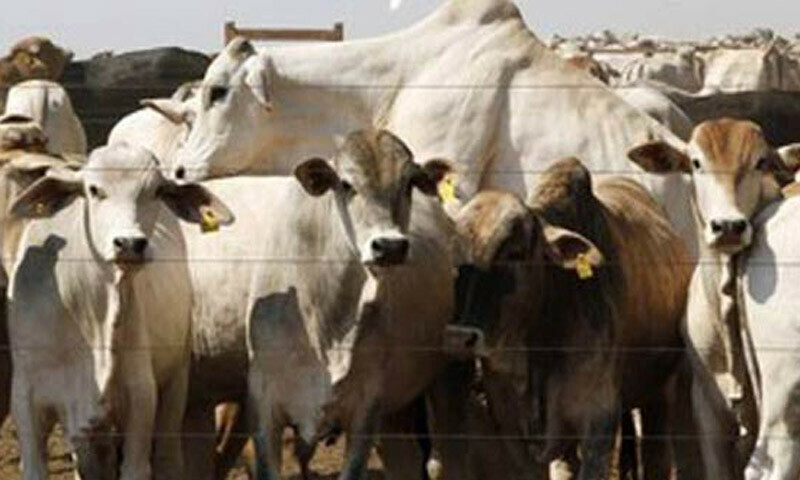ISLAMABAD: A new study led by the Food and Agriculture Organisation (FAO) of the United Nations has emphasised the need for improving livestock productivity to achieve substantial reductions in global antibiotic use, which is rising.
Without targeted interventions, antibiotic use in livestock is projected to rise nearly 30 per cent by 2040. However, the new research finds that strategic productivity gains in livestock systems could cut projected antibiotic use by half.
The study, The Future of Antibiotic Use in Livestock, said that under a business-as-usual scenario, global livestock antibiotic use could rise to 143,481 tonnes by 2040, an overall increase of 30 per cent from 2019. However, alternative scenarios indicate that antibiotic use could be reduced by up to 57 per cent if livestock productivity is optimised.
By improving animal health, management practices, and production efficiency, antibiotic use could be lowered to about 62,000 tonnes by 2040, demonstrating the potential of targeted interventions in achieving global reduction goals.
“Enhancing livestock production efficiency is key to curbing antibiotic use,” said Alejandro Acosta, Livestock Economist at FAO and lead author of the study.
“By producing more animal-sourced food with the same or fewer animals, we can reduce the need for antibiotics on farmed animals while strengthening global food security,” Acosta said.
This message underscores global commitments to combat Antimicrobial Resistance (AMR). The 2024 UN General Assembly AMR Declaration calls for a significant reduction in antimicrobial use in farm food systems by 2030. Achieving this goal poses considerable challenges, especially in regions where livestock production is expanding to meet growing food demand.
“Stakeholders across the livestock sector must work together to improve disease prevention, strengthen monitoring systems, and invest in innovations that enhance animal health while reducing reliance on antibiotics” emphasised Junxia Song, Senior Animal Health Officer at FAO and co-author of the study.
An FAO report says in Pakistan, traditional farming practices have shifted towards intensive farming methods that rely heavily on the use of antimicrobials to ensure productivity, profitability and animal health to meet the needs of the growing population.
Pakistan has identified its priority areas for tackling foodborne AMR and is actively implementing several projects. These key areas include collaboration with various organisations to deliver AMR awareness training for farmers, improving AMR surveillance in food animals and advocating for legislation to prohibit/phase out antimicrobial growth promoters in animal production.
Published in Dawn, April 3rd, 2025


